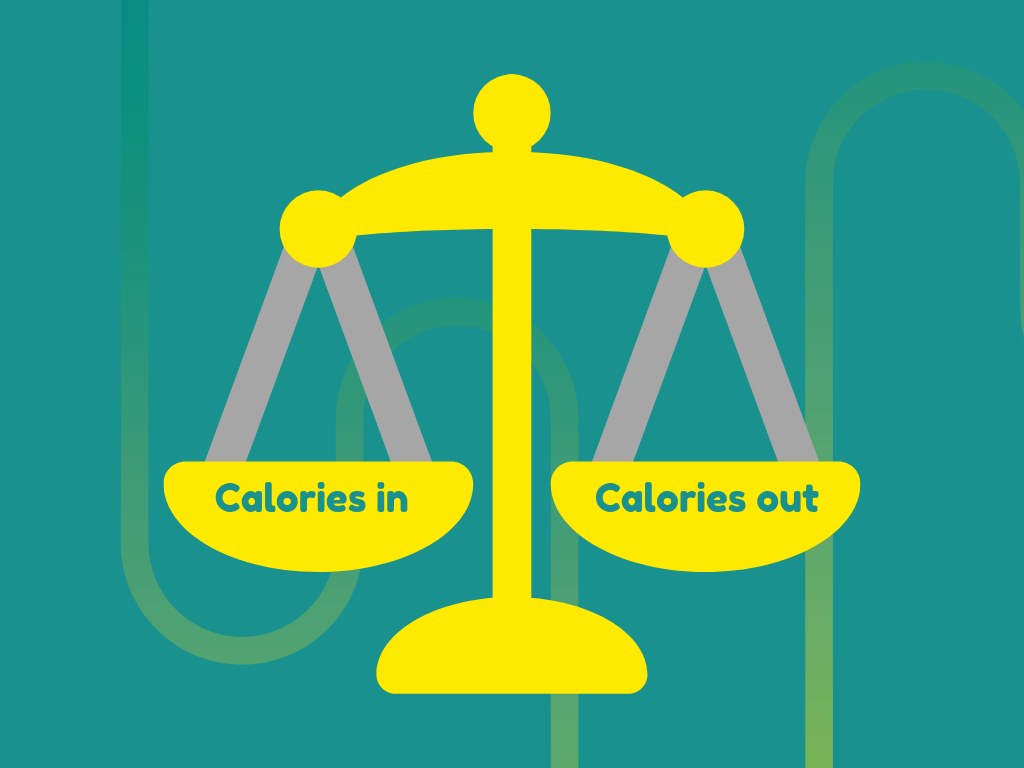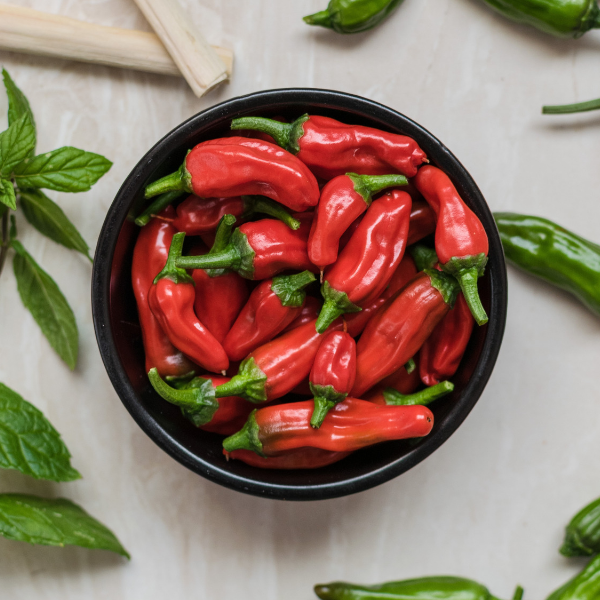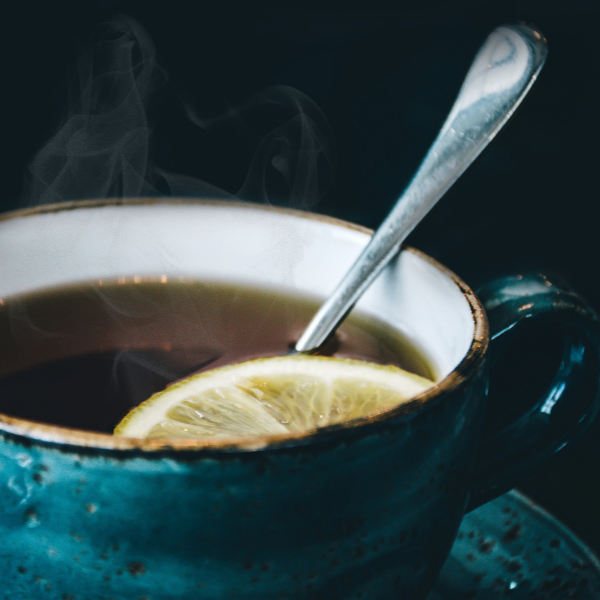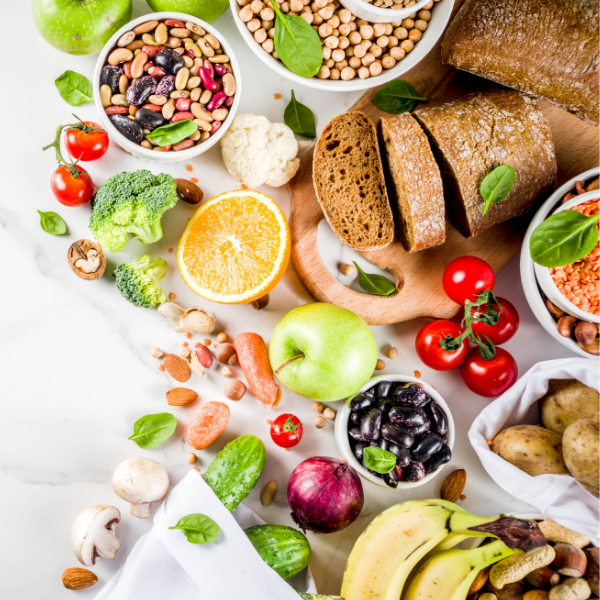Aiding Weight Loss
Losing weight isn’t as simple as doing a ‘calories in vs calories out’ equation. There are a number of complex contributing factors to weight-gain, not solely related to over consumption of food and lack of exercise. Additional factors to consider include the type and quality of food consumed, hormone imbalances, metabolic rate, insulin resistance, carbohydrate cravings, storage of environmental toxins in body fat, inflammation and last but not least the community of micro-organisms residing in the gut (known as the microbiome). Focusing on a balanced whole-foods diet, high in fruit, vegetables, good quality protein and natural healthy fats is recommended rather than embarking on overly–restrictive crash diets. In addition, certain supplements and foods may be particularly useful to help support the body’s own weight regulation processes.

Chromium
Chromium is an essential nutrient required by the body for normal insulin function. Low chromium levels are correlated with insulin resistance and both are commonly seen in obesity. Insulin resistance is when the body’s cells fail to respond to the normal actions of insulin (a hormone released by the pancreas in response to glucose intake). If not used as energy by cells this excess blood glucose is stored as fat, especially around the stomach (known as VAT). Insulin resistance and VAT are risk factors for a number of health conditions such as cardiovascular disease, metabolic syndrome and diabetes. Chromium supplementation has been reported to contribute to the maintenance of normal blood glucose levels, reduce carbohydrate cravings and to help regulate appetite.
Fibre
Dietary fibre intake from fruit, vegetables, wholegrains and legumes is associated with a plethora of health benefits, including reduced risk of developing coronary heart disease, high blood-pressure and stroke. In addition, high intake of dietary fibre is associated with improved insulin sensitivity, reduced body mass index (BMI) and enhanced weight loss and weight maintenance. However, data shows that most people in the UK are far from consuming the recommended levels of around 30g of fibre per day. Therefore, fibre supplements may provide adjunctive benefit for those seeking to lose weight. Certain types of fibre may be particularly beneficial in weight-loss, for example:
Several studies have shown that supplementing with psyllium (a soluble form of fibre) may lower or improve risk factors that are associated with the development of cardiovascular diseases and diabetes, including obesity. Psyllium is also thought to assist in the maintenance of normal bowel transit, which is important to ensure toxins released from fat-storage during weight-loss are safely excreted from the body.
Konjac is a plant local to Asian countries. It contains glucomannan, which is a fermentable fibre. This fibre contributes to weight loss as part of an energy restricted diet. When taken before a meal, glucomannan has been shown to reduce the hunger hormone, grehlin, helping to reduce food intake. Glucomannan also acts as a food source for beneficial species of bacteria in the gut, encouraging their growth.
Chilli
Capsaicin is a compound found in chilli peppers. Some evidence supports the role of capsaicin in reducing weight and fat mass in obesity. One study revealed that ingestion of red chilli increased energy expenditure and core body temperature, as well as lowering appetite. So, why not try adding a bit of extra spice to dishes such as stir-fries, curries, dhal and even your scrambled egg.
Green tea
Green tea contains a number of active polyphenolic and antioxidant compounds. A number of studies have shown that catechin-rich (>500 mg/day) green tea significantly reduces body weight and fat (especially tummy fat). It is thought the active ingredients in green tea help achieve weight loss via several mechanisms, such as increasing energy expenditure, encouraging fat burning for energy and the suppression of enzymes which help the body store fat. Try switching to a good quality organic green tea, or starting the day with a cup of matcha (another type of green tea containing an even higher amount of antioxidants).



